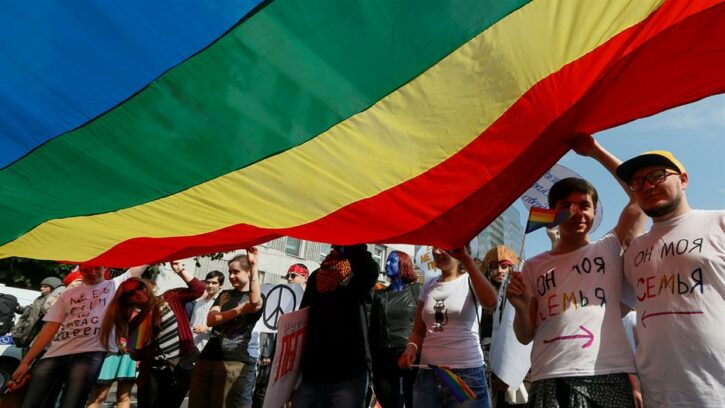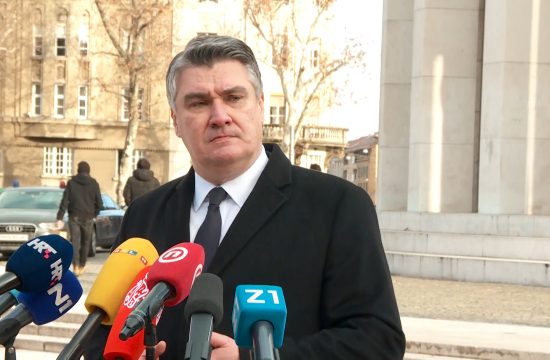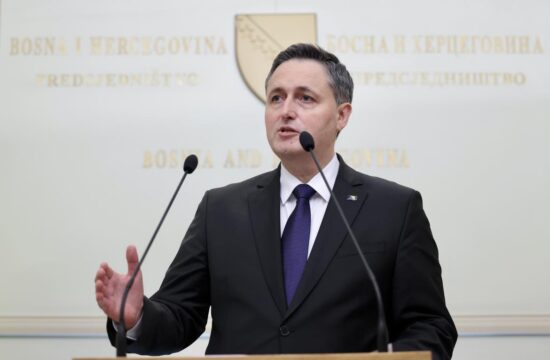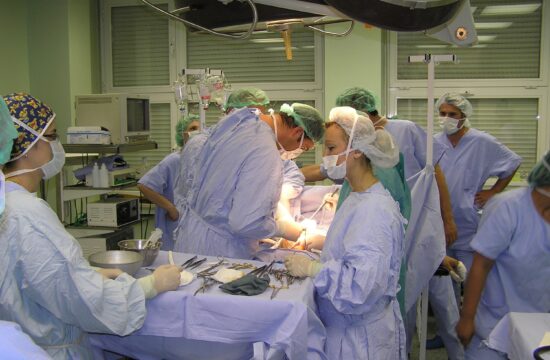
Hateful and prejudiced statements, especially by officials and opinion makers, are a major obstacle to achieving inclusion and equal human rights for Lesbian, Gay, Bisexual, Transgender and Intersex (LGBTI) people in Europe today, Council of Europe's Human Rights Commissioner Dunja Mijatovic said, calling on all member states of the Council of Europe to take firm action against hate speech targeting LGBTI people, which is dangerously spreading across Europe.
The statement comes on the occasion of the International Day Against Homophobia, Transphobia and Biphobia, observed on May 17 worldwide.
“This year’s International Day Against Homophobia, Transphobia and Biphobia is taking place in the context of the COVID-19 pandemic. I co-signed a joint statement with the UN Independent Expert on Sexual Orientation and Gender Identity and others alerting to the impacts of COVID-19 on LGBTI people and calling on states to ensure that the response to the pandemic takes into account their vulnerability and specific needs,” she said, expressing concern over the statements by some religious leaders in Ukraine and Turkey associating LGBTI people with the outbreak of diseases or a supposed divine punishment.
“It’s time to stop the spread of hate against LGBTI people. Europe has been at the forefront of efforts to better recognise the rights of LGBTI people and it is imperative that member states react quickly to stem this apparent backlash. I call on political leaders to publicly condemn incitement to hatred against LGBTI people, and to ensure that the necessary tools are in place to investigate and prosecute hate speech and hate crimes motivated by sexual orientation, gender identity and sex characteristics,” Mijatovic stressed.
She said LGBTI human rights defenders “must be protected” and “able to conduct their work in a safe and enabling environment.”
“I also call on the media to report on LGBTI issues objectively and with respect. It is the member states’ responsibility to address societal prejudices against LGBTI people, to protect their human rights, and to ensure that they can fully participate in our societies as equal citizens,” she added.
Mijatovic recalled expressing concerns over hate speech and threats against LGBTI people in several member states.
“During my visit to Poland in March 2019, I condemned inflammatory statements made at the time by high-ranking officials in the run up to European and national elections. Since then, over 100 municipalities and regions in the country have adopted declarations and charters which, implicitly or explicitly, exclude LGBTI people, making them feel unwelcome in their own hometowns. Some TV channels aired anti-LGBTI documentaries, adding to this negative climate,” she said.
She also recalled of urging the authorities in Bosnia and Herzegovina and Georgia to protect Pride marches after outpourings of hateful comments and threats sought to prevent the marches from taking place.
“These are just a few examples from my work, but the trend is disturbingly widespread,” said the commissioner.




